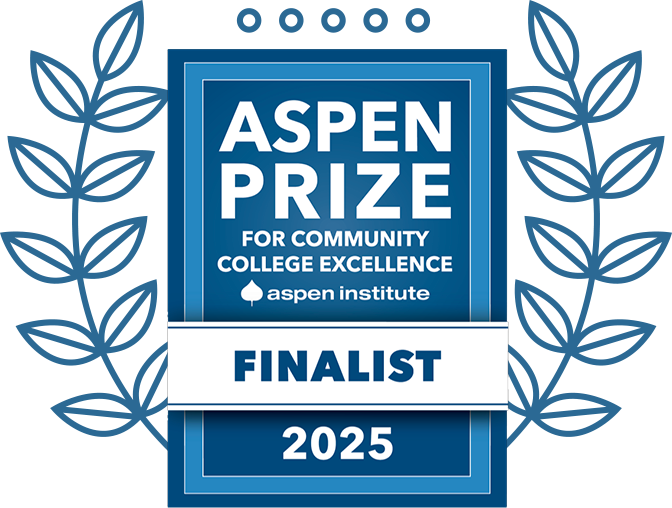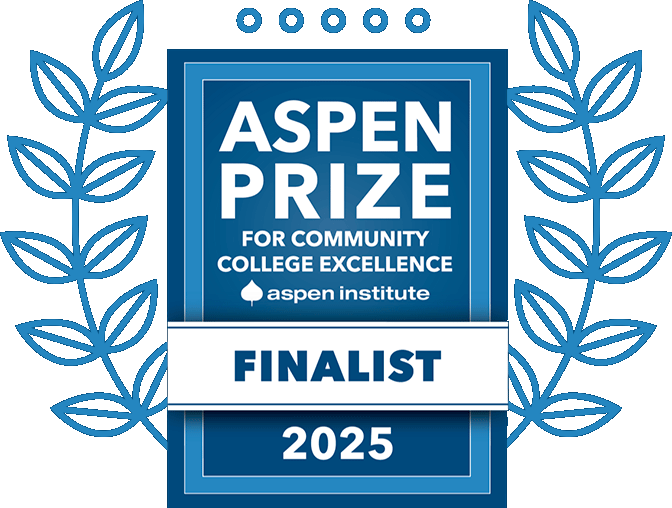Advising FAQ
Oh, we can help you with any number of things dealing with student success:
- Help you figure out your goals in college.
- Talk to you about majors.
- Plot out each of your semesters until graduation.
- Sign you up for classes if you have holds.
- Talk to you about holds, especially ones dealing with academic progress.
- Help you figure out requirements for your next program.
- Give you information about campus resources.
- Help you make sense of DegreeWorks.
- Help you with some of the technology or paperwork: Student Portal, Navigate, Score, DegreeWorks, Petition to Graduate, Change of Pathway, etc.
Believe it or not, yes. Yes, there are some things advisors cannot do:
- Check your financial aid – contact the Financial Aid office
- Recommend professors
- Withdraw students from classes after the withdrawal date
- Change grades – contact your instructor
- Course availability – contact the department chairs
- Evaluate transfer credits – contact the Registrar’s Office
- Pick your classes for you – we advise, you decide!
If you are having a problem, and you have no idea what to do about it, you are welcome to come by and ask an advisor. We may not know the answer, but we can help you figure out who might know it.
Set an appointment with your advisor as soon as you can - you can schedule this in Navigate! Once registration opens each semester, advising moves from appointment based to drop-in advising with no appointment needed.
There are a couple of ways to find out by logging into your MyGHC:
- In your MyGHC, access Navigate in the top left box.
- From your home view of Navigate, you will be able to see your advisors name under “Your Success Team” on the bottom right-hand side.
- From the “Your Success Team” area – you can also click on the mail icon to email your advisor directly!
- You can make an appointment through Navigate.
- You can contact the professional advisor for your campus through email.
- You can stop by the Virtual Hub during the Advising drop-in hours for quick questions and ask to speak with an advisor. This is a virtual room through Zoom where a host will greet you and ask what department you would like to meet with.
Students have a variety of ways to receive advising help:
- Send an email to advising@highlands.edu or to a professional advisor. Remember to use your GHC student email and include your student ID number (your 900#).
- You can stop by the Virtual Hub during the Advising drop-in hours for quick questions and ask to speak with an advisor. This is a virtual room through Zoom where a host will greet you and ask what department you would like to meet with.
- Advisors offer virtual appointment availability when you are scheduling an appointment through Navigate. Send your advisor an email asking about this option, if you do not see an online/virtual option when scheduling an appointment. We conduct these through Microsoft Teams.
You should stay at GHC as long as you can. You won’t find a more affordable accredited college in the state of Georgia, especially one with such a great student/teacher ratio. You and your advisor can talk about the best time for you to transfer to a four-year school. A potential transfer date should be a part of any plan that the two of you come up with.
Outside of your advisor, here are some resources to help you with your transfer decisions:
Students who wish to change their program pathway must file a Program Update form with the Office of the Registrar.
It may take two weeks or so for processing. If it hasn’t changed after a couple of weeks, send an email to registrar@highlands.edu.
12 enrolled hours is full-time student status, and 15 or more hours is considered a full-time course load. Learning Support courses are included when assessing a student’s course load but are not counted in GPA calculations and are not transferrable hours. Taking fewer than twelve hours in a term may result in:
- Compromising a student's eligibility to be included on a parent's insurance policy
- Affecting a student's level of financial aid
Both consequences are serious and students should consider them carefully and consult with parents/guardians and the Financial Aid office as appropriate. You can reach the Financial Aid office by e-mail at: finaid@highlands.edu.
- Pathway checklists show all of the classes you need to take, a sample two-year plan, and milestones you should be looking for along the way.
- DegreeWorks is like an electronic version of the pathway sheet. It will show you the classes you have taken, the classes you are in, as well as the classes you have left to take. You can also click the What If Function to see how your classes would fit into another pathway.
Your academic standing is a result of both your GPA and attempted credit hours. View the catalog for more information on academic progress and standings. You can also reach out to your advisor for clarification. Also, keep in mind that there is a difference between financial aid probation and academic probation.




